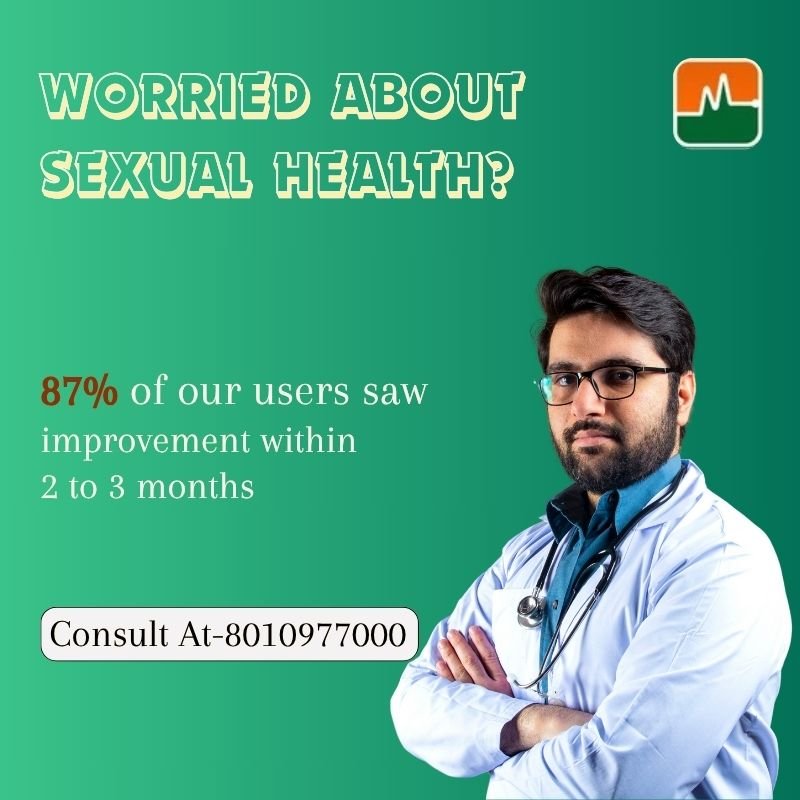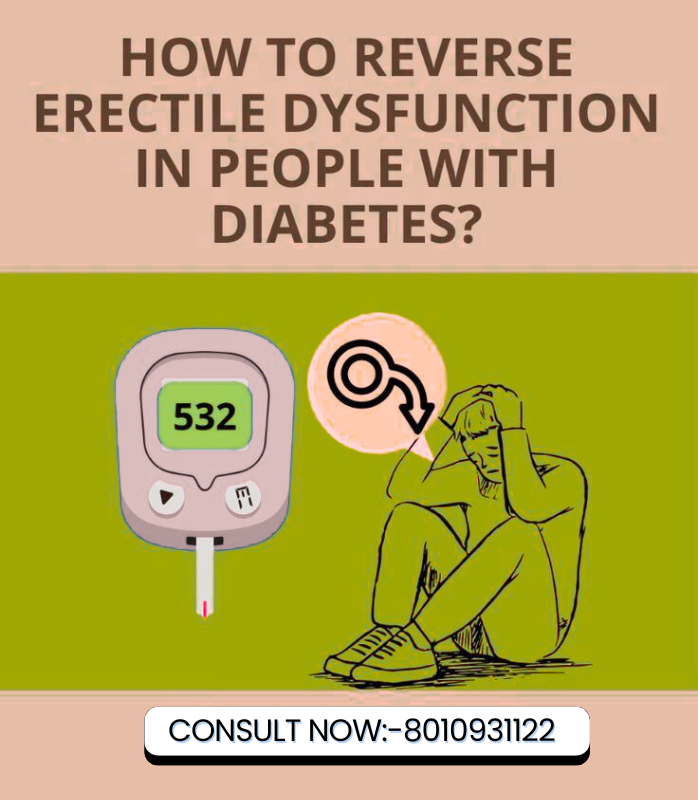Understanding Low Libido: Causes and Solutions
Low libido, or decreased sexual desire is a common problem that affects both men and women at different stages of life. Although it is often considered a taboo subject, addressing low libido is important to maintain healthy relationships and personal well-being. Understanding what low libido is, its symptoms, and its causes can help individuals overcome this concern and improve their overall well-being. It is essential to approach this topic with sensitivity and openness, as sexual health is an important aspect of overall health.
We will learn what low libido means, what its symptoms are, and what the causes are behind it. We will also discuss possible solutions to help you with this sensitive topic. By the end, you will have a clear understanding of how to deal with this problem, whether it is for you or a loved one, and what steps you can take to promote a satisfying and balanced sex life.
Low libido is characterized by a decreased interest in sexual activity. It can manifest differently for each person, but generally means a significant drop in the desire for sex compared to the person’s previous level. It is important to understand that libido can naturally fluctuate due to a variety of factors, including stress, relationship dynamics, and health conditions. Recognizing these fluctuations as a normal part of life can help reduce anxiety and stigma around this topic.
What Is Considered Low Libido?
Determining what is considered low libido can be subjective. For some people, a decrease in sexual desire may not be a concern, while others may be upset by this change. Generally, low libido is identified when a person has a significant decrease in sexual interest that affects their quality of life or relationships. It is important to understand that what is normal varies greatly between individuals and couples, and open communication about expectations and experiences is the key to resolving these differences.
Low Libido in Women

Low libido in women can be influenced by hormonal changes, psychological factors, and lifestyle choices. Women can experience a low sex drive at different stages of life, such as after childbirth, during menopause, or due to hormonal imbalances. These changes can often seem overwhelming, but understanding the biological and psychological changes that occur can provide clarity and direction for seeking help. Additionally, social pressures and expectations about women’s sexuality can contribute to feelings of inadequacy or distress, which further impact libido.
Low Libido for Males

Men can also experience low libido due to a variety of factors, including stress, depression, or hormonal changes such as a decrease in testosterone levels. Understanding the root cause is essential to finding the right solution. Like women, men also face social pressures that can increase feelings of inadequacy when experiencing low libido. These pressures often discourage open conversations about sexual health, making it important to create safe spaces for men to discuss and seek help for their concerns.
Symptoms of Low Libido
Low libido symptoms can vary from person to person but often include:
- A noticeable lack of interest in sexual activities
- Reduced frequency of sexual thoughts or fantasies
- Difficulty achieving sexual arousal
- Concerns about the impact of low libido on relationships
Recognizing these symptoms is the first step in addressing low libido. It is important to approach these symptoms without self-judgment or shame, as acknowledging them can lead to constructive conversations and solutions. Additionally, partners should be included in these discussions to foster understanding and support.
Causes of Low Libido
Low libido can stem from a variety of causes. Identifying the underlying factors can help in finding appropriate solutions. It’s important to recognize that these causes are often interrelated, and addressing one area can positively impact others.
Psychological Causes
Mental health plays a significant role in sexual desire. Stress, anxiety, and depression can all contribute to a decrease in libido. Negative body image, low self-esteem, and past trauma may also affect sexual interest. Creating a supportive environment where mental health is prioritized can help alleviate some of these psychological burdens. Seeking professional help for mental health issues can be a valuable step towards improving libido.
Hormonal Imbalances
Hormonal changes are a common cause of low libido, especially in women. Menopause, pregnancy, and breastfeeding can cause hormonal fluctuations that affect sexual desire. In men, low testosterone levels can contribute to low libido. Understanding hormonal changes in the body can help in getting proper medical advice and treatment. Blood tests and consultation with healthcare providers can provide information about these imbalances and possible treatments.
Medical Conditions and Medications
Certain medical conditions such as diabetes, obesity, and heart disease can affect libido. Additionally, medications such as antidepressants, blood pressure medications, and anti-seizure medications can have side effects that reduce sexual desire. It is important to review all medications with a healthcare provider to understand their potential effects on libido. It may be necessary to adjust doses or change medications to minimize these side effects.
Lifestyle Factors

Lifestyle choices such as poor diet, lack of exercise, and substance abuse can contribute to low libido. Maintaining a healthy lifestyle can help improve sexual desire and overall health. Incorporating regular physical activity and a balanced diet not only improves physical health but also improves mood and energy levels, which are important for a healthy libido. Lifestyle adjustments should be viewed as holistic changes that benefit many aspects of life.
Solutions for Low Libido
Finding the right solution for low libido involves addressing the underlying causes and making lifestyle changes. A multifaceted approach is often the most effective, as it considers the complex nature of sexual health.
Open Communication
Discussing concerns about low libido with your partner can help reduce anxiety and strengthen the relationship. Open communication allows both partners to explore solutions together and seek professional help if needed. It is important to have these conversations with empathy and understanding, creating a non-judgmental space where both partners feel heard and valued.
Therapy and Counseling
Therapy can be a valuable tool for individuals experiencing decreased sexual desire due to psychological reasons. A therapist can help address underlying mental health issues, improve self-esteem, and develop coping strategies. Both individual and couples therapy can provide insight and strategies for dealing with the emotional and relational aspects of low libido. Professional guidance can help navigate complex emotions and improve intimacy.
Medical Interventions
For those with hormonal imbalances or medical conditions, consulting a healthcare provider is a must. Hormone replacement therapy or adjusting medications may be necessary to restore libido levels. Medical interventions should be tailored to individual needs, and constant communication with healthcare providers is important to monitor progress and make adjustments.
Lifestyle Changes
Adopting a healthy lifestyle can have a positive effect on libido. Regular exercise, a balanced diet, and adequate sleep can improve energy levels and increase sexual desire. Reducing alcohol consumption and quitting smoking are also beneficial. These changes not only support sexual health but also increase overall quality of life, providing more energy and a better mood.
Stress Management
Stress reduction techniques, such as mindfulness, yoga or meditation, can help reduce anxiety and improve libido. Finding activities that promote relaxation and well-being can be an effective way to increase sexual desire. Prioritizing self-care and stress management can create a more balanced and satisfying life, which naturally boosts libido.
When to Seek Professional Help
It’s important to recognize when a decrease in sexual desire is affecting your quality of life or relationships. Seeking professional help from a healthcare provider or therapist can provide you with valuable information and solutions tailored to your individual needs. Don’t hesitate to reach out for help, as professional guidance can lead to significant improvements in sexual health and overall well-being.
In conclusion, understanding decreased sexual desire involves recognizing its symptoms, identifying potential causes, and finding effective solutions. By addressing underlying issues and making positive lifestyle changes, individuals can improve their sexual health and enhance their overall quality of life. Open communication, professional support, and a holistic approach can lead to a more satisfying and balanced intimate life.











Leave a Reply